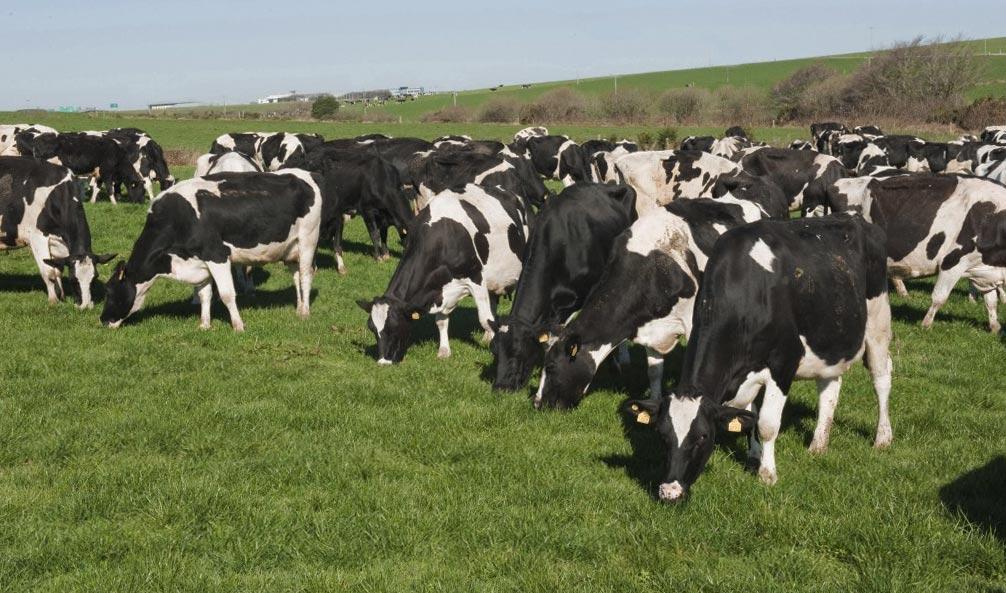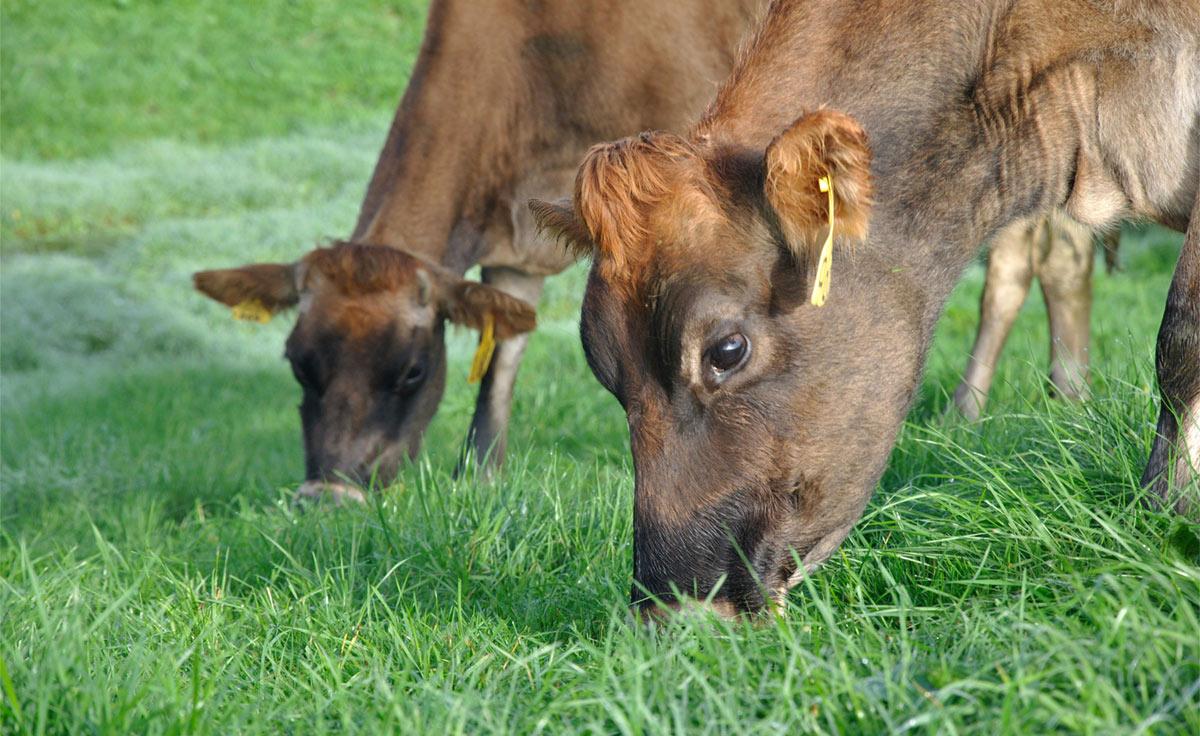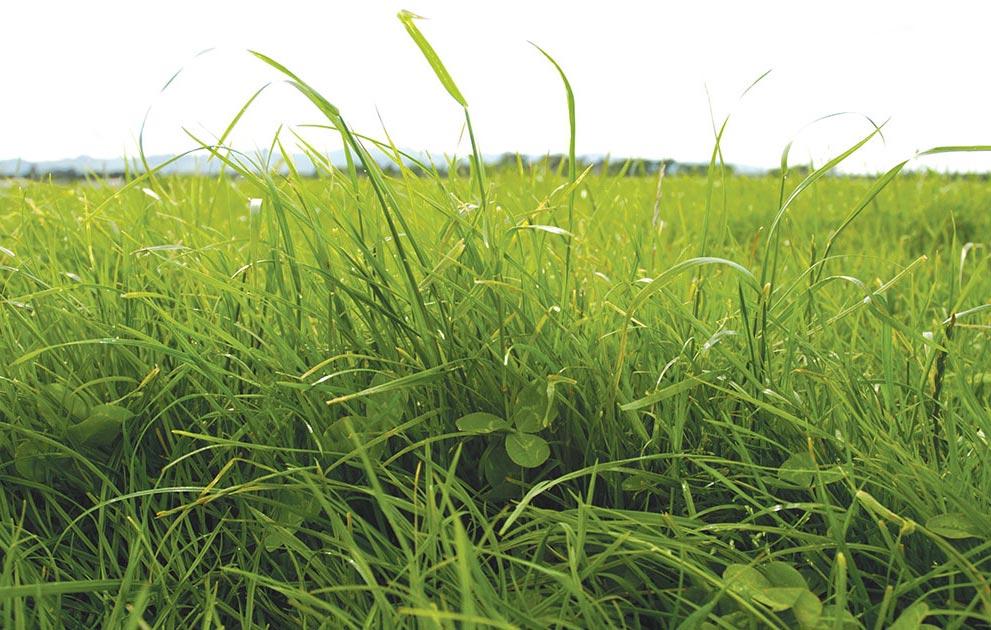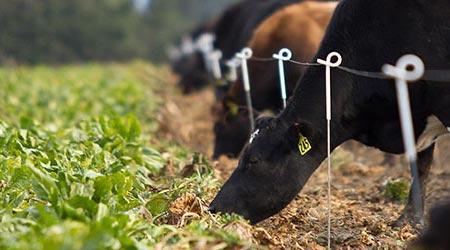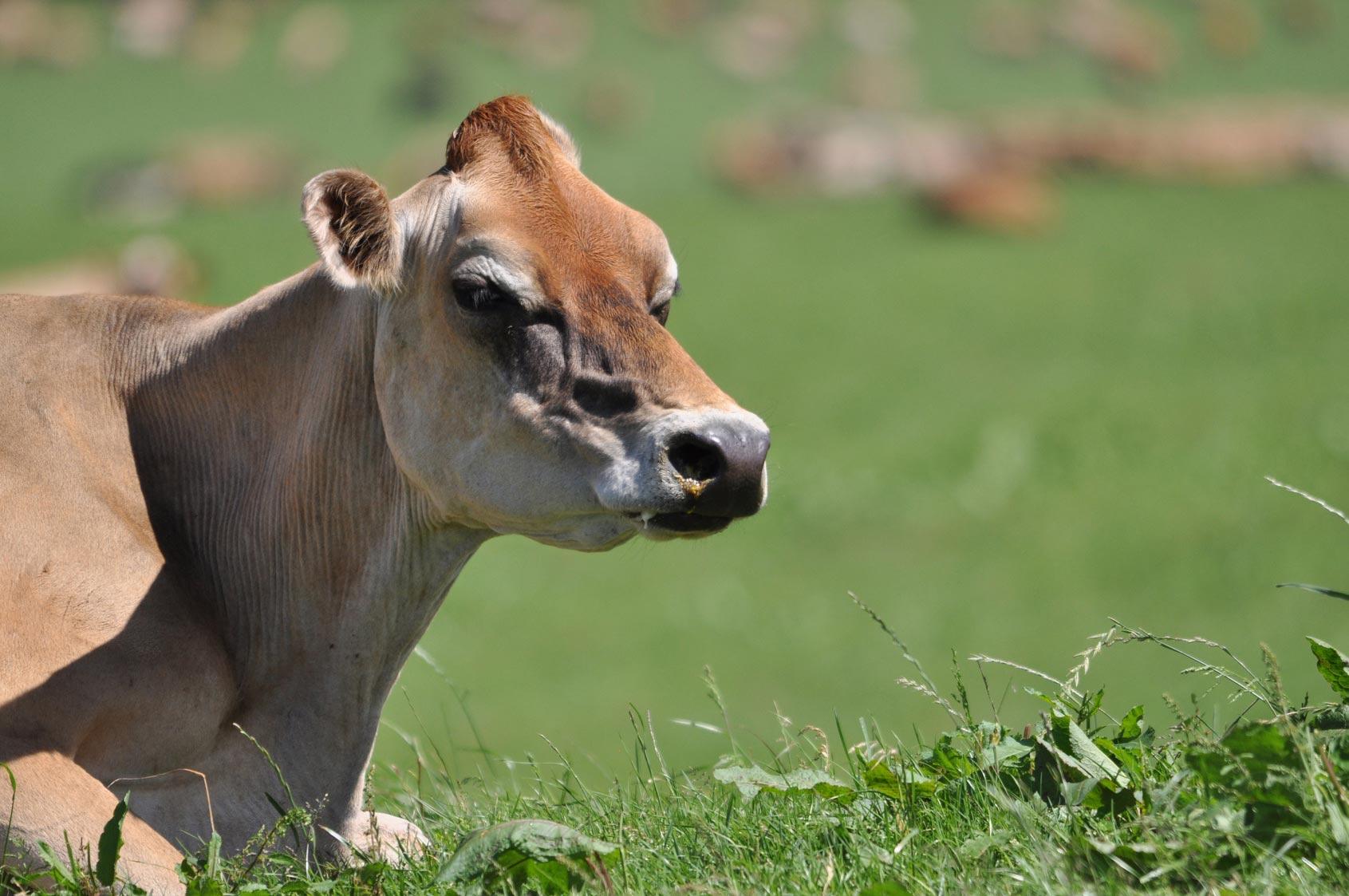Battling heat stress during summer
Cows don’t like warm weather. When temperatures exceed 20 degrees Celsius in combination with moderate humidity, they become stressed. Though cows don’t show signs of stress in their behaviour at this point, they are more susceptible to health issues because stress depresses their immunity. This effect can be seen in higher somatic cell counts and a higher incidence of lameness related issues.
Moderate signs of heat stress may occur when the temperature is between 27 and 32 degrees Celsius with humidity ranging from 50 to 90 percent. Signs of heat stress include rapid shallow breathing, profuse sweating and an estimated 10% drop in milk production and feed intake.
Limiting the drop in milk production due to heat stress and minimising the impact on their health is important during the summer months. Feeding Betaine has been shown to have significant beneficial effects on milk yield and overall animal performance.
When temperatures exceed 25 degrees Celsius and humidity exceeds 50%, we recommend feeding Betaine in your current ration; this reduces the risk of a milk production drop and increases the lactation yield potential.
The cost benefit analysis shows that using Betaine during heat stress has an expected response as high as 5 times the cost of the product, at a $5 /kg MS pay-out. That means it does not have to compensate for 100% of the effects of heat stress to make it beneficial to your herd.
Ask your consultant for more information about the benefits of Betaine for your herd and when to use it on your farm this year.



